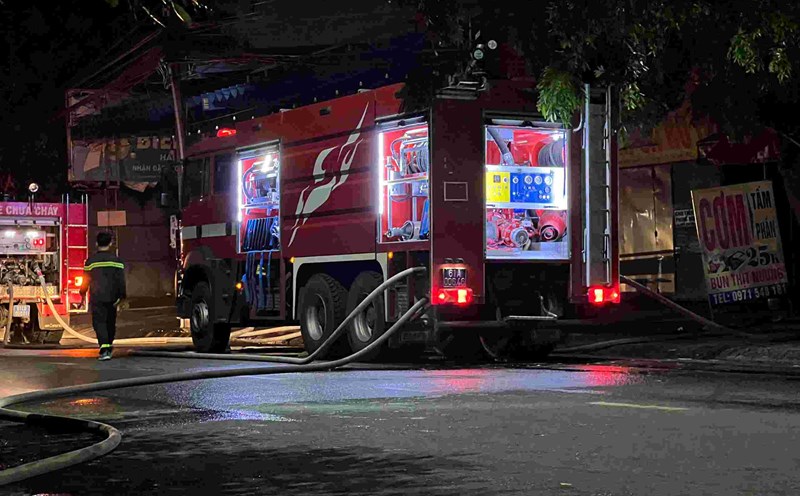A report from the Ho Chi Minh City Department of Construction shows that from 2021 to May 2025, Ho Chi Minh City has only completed 2,745 social housing units. It is expected that by the end of 2025, the city will complete 2,874 more houses registered with the Ministry of Construction, bringing the total number of social housing units in Ho Chi Minh City to about 5,619 by the end of 2025.
Thus, to achieve the goal of completing 100,000 apartments assigned by the Prime Minister, in the period of 2026 - 2030, Ho Chi Minh City needs to complete an additional 94,381 social housing units.
According to the plan, in 2026, Ho Chi Minh City will complete 9,438 units (accounting for 10% of the 94,381 units that need to be completed). In the following years from 2027 - 2030, each year, the number of houses will be completed at a rate of 15%, 20%, 25% and 30%, respectively.
According to the report of the Department of Construction, in recent times, the City People's Committee and departments and branches have made great efforts to focus on removing difficulties and obstacles in legal procedures so that projects can soon be implemented. Because a social housing project takes a long time from the time of implementing legal procedures to the time of starting construction and completing the construction to put into use, from 3 to 5 years.
Therefore, in order to achieve the target of 100,000 social houses to 2030, the Prime Minister is assigned, the Department of Construction proposes the Chairman of the City People's Committee to direct the Department of Finance to urgently advise the City People's Committee to consider and submit to the City People's Council to bring the social housing development targets into the system of socio -economic development targets for 5 years and annually of the city.
Speaking more about the story of removing procedures for the implementation of social housing projects, Mr. Le Hoang Chau, Chairman of the Ho Chi Minh City Real Estate Association (HoREA) said that he has just sent a document to the National Assembly Standing Committee and the Ministry of Construction, proposing to pilot investor self-inspection of social housing collection to reduce harassment.
Mr. Le Hoang Chau, Chairman of HoREA, said that according to the 2014 Construction Law, which stipulates that specialized agencies inspect the acceptance of investors for most housing projects, including social housing, this is not really necessary. In reality, this process is sometimes heavily formal, capable of causing harassment, overlapping the apparatus and staffing of management agencies, prolonging the time to put the project into use and increasing compliance with the law, indirectly pushing up the cost of social housing.
Accordingly, HoREA proposes to assign the entire responsibility to accept the construction of social housing projects to the investor. The investor will take responsibility before the law for the quality of the project as prescribed. Specialized construction agencies will not directly check the acceptance work, except for special cases when required from competent agencies.
HoREA recommends that the appraisal of fire prevention and fighting designs, appraisal of basic designs and construction designs implemented after basic designs (if any) will be integrated at the same time as the construction permit procedures. Instead of separating the appraisal steps as at present, this integration is expected to significantly shorten the time to carry out administrative procedures for social housing projects.








